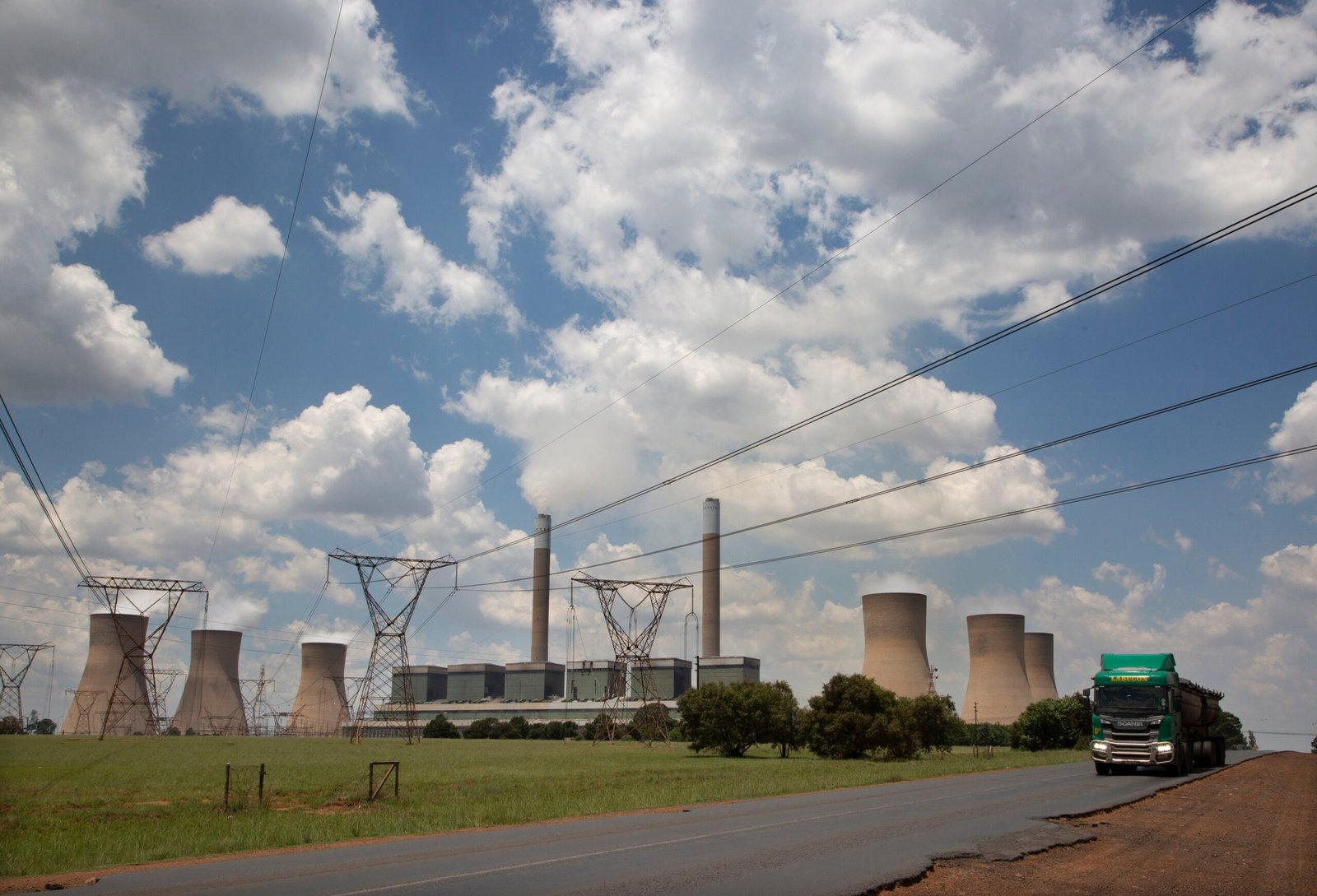South Africa, grappling with severe energy woes exacerbated by mismanagement of its state power utility, Eskom, has received a significant boost from the World Bank.

South Africa, grappling with severe energy woes exacerbated by mismanagement of its state power utility, Eskom, has received a significant boost from the World Bank. The institution has granted a $1 billion Development Policy Loan (DPL) to aid the country’s transition towards low-carbon energy solutions and establish a foundation for long-term energy security.
Eskom, plagued by corruption allegations among top officials, has struggled to maintain a consistent power supply. This has led to frequent blackouts, known as “load-shedding”, with some residents facing up to 12 hours of power cuts daily. The utility’s mounting debts and aging, inefficient coal plants have hindered investments and impeded government efforts to stabilize the situation.
The World Bank’s loan is designed to support the restructuring of South Africa’s power sector, particularly the unbundling of Eskom. It will facilitate investments in transmission infrastructure and the maintenance of existing power plants.
Additionally, the loan aims to encourage private sector participation in renewable energy initiatives by bolstering carbon pricing mechanisms and incentivizing involvement from households and small businesses.
Mmakgoshi Lekhethe, a director at the National Treasury of South Africa, emphasized the significance of this assistance. In a press statement, Lekhethe stated, “This operation comes at a crucial time for South Africa as it will provide much needed fiscal and technical support, enabling us to pursue our policy priorities in the energy sector including easing the electricity crisis in the long term, stimulating private sector engagement and creating jobs in the renewables space.”
Alongside financial challenges, Eskom’s particulate emissions reached their highest levels since the early 1990s last year. Aging facilities are struggling to meet government emissions regulations, with 15 of Eskom’s coal-fired power plants breaching the set limits.
In 2021, South Africa’s Just Energy Transition Partnership was established with the goal of phasing out the coal sector while promoting renewable energy sources. This initiative secured a $8.5 billion financing package from France, Germany, the UK, and the US. However, the implementation plan for this transition has yet to be publicly released, leading to some internal debate within the South African Government about the deal’s viability.
The World Bank’s loan marks a critical step towards addressing South Africa’s energy crisis and setting the country on a sustainable energy trajectory.